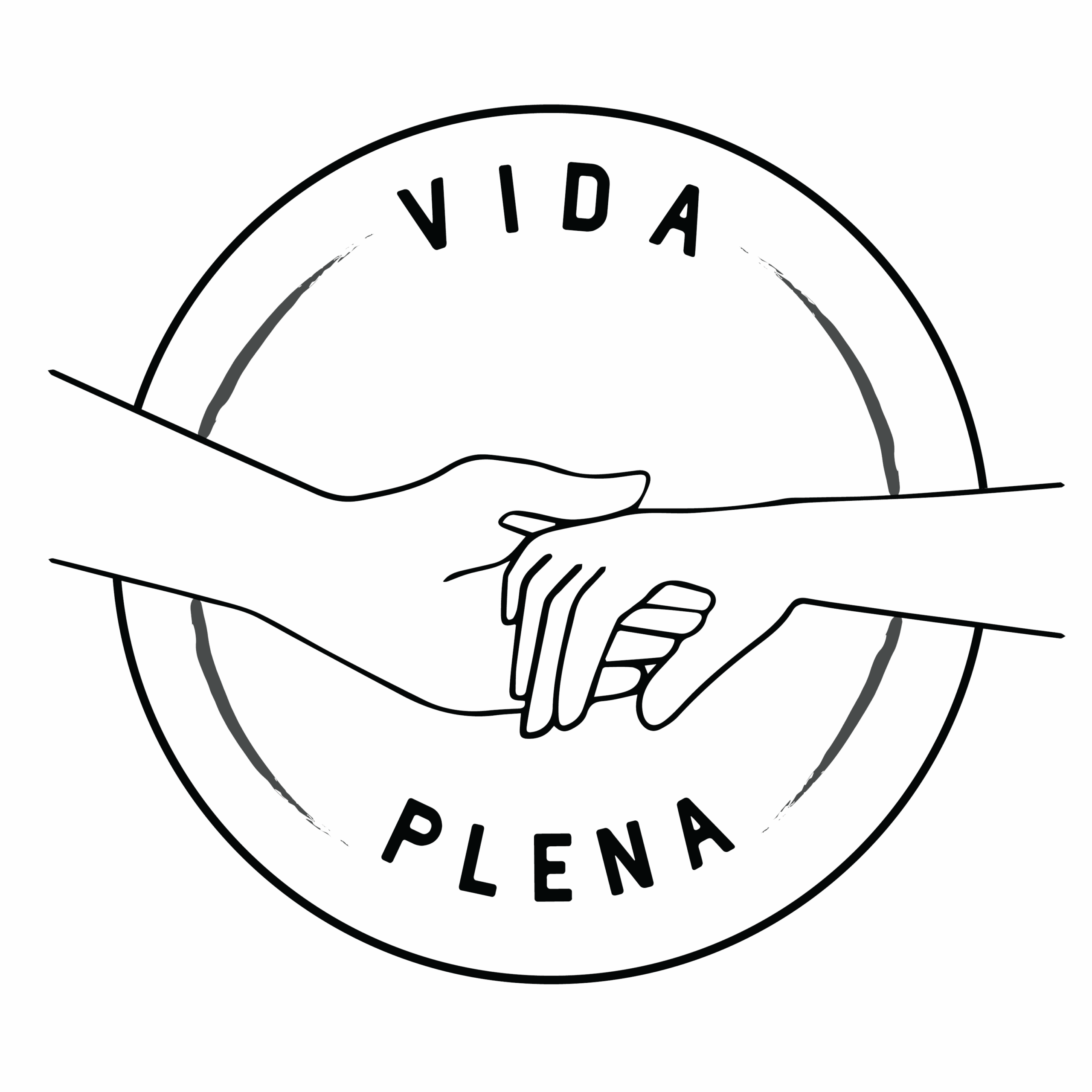Vida Plena is based on a structured, evidence-based model of counseling, called Group Interpersonal Therapy (g-ITP), which is recommended by the WHO as the first line of treatment in low-resource settings.
1. Community Training
Local community members are trained as support group facilitators.
2. Community
Outreach
Refugees and at-risk Ecuadorians with depression are invited to join a small, neighborhood- based support group.
3. Community-lead Support Groups
Community facilitators guide people over the course of 9 weeks to learn new skills and support one another in their journeys to overcome depression.
4. Depression is Eliminated or Reduced
Having addressed many of the sources of depression, people experience significant improvements in their symptoms and day to day life.
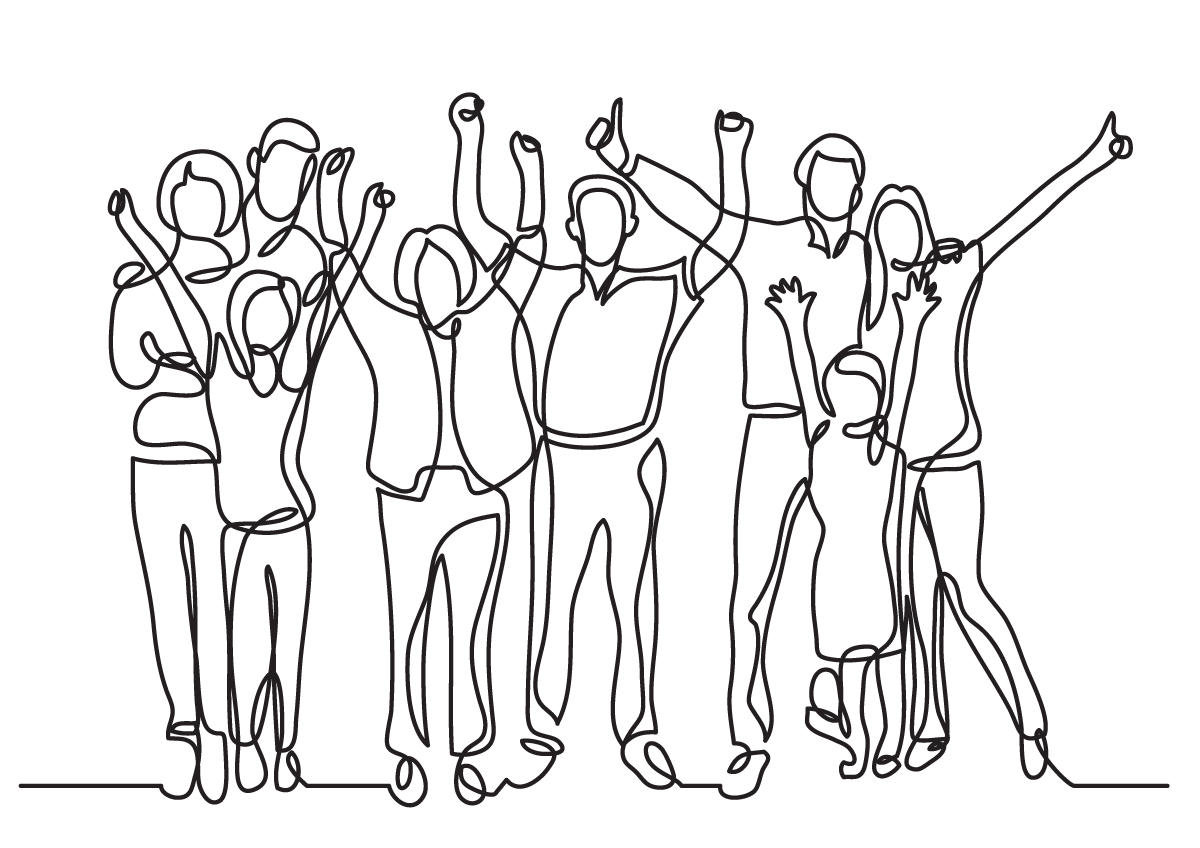
See our Theory of Change to learn more about our model of impact.
Step 1: Community Training
Vida Plena trains non-specialist community members as support group facilitators.
The effectiveness of this approach has been demonstrated in multiple studies and recognized by mental health experts as a critical component needed to close the treatment gap in low and middle income countries.
Empowering local community members also brings the positive benefit of higher levels of acceptance by beneficiaries because the treatment comes from trusted individuals who personally know the community context.
Peer-led support groups have been shown to reduce the impacts of stigma.
Secondly, this program model increases accessibility, as groups meet in neighborhood locations such as schools and community centers.
Step 2. Community Outreach
Vida Plena has partnered with a number of local non-profit organizations to conduct depression screenings to identify people in need of care.
Individuals who are identified as positive for symptoms of depression are invited to join a Vida Plena community-led support groups.
Step 3: Community-led Support Groups
After an initial consultation, people who choose to participate take part in 8 weekly group sessions, which are provided at no-cost. Support groups meet in local neighborhood locations, such as community centers.
People who do not improve or need more advanced care, are referred to partner mental health clinics to receive additional, professional treatment.
Step 4: Depression is Eliminated or Reduced
The goals of the group meetings are a rapid reduction in depression symptoms and improved relationships within the patient’s family and social networks.
Studies show that in addition to decreasing depression, IPT also positively affects recipients and their families by decreasing intimate partner violence, anger, and post-traumatic stress.
Finally, IPT-g has also been shown to be effective in different cultures around the world, having been implemented in Egypt, Kenya, Uganda, and Turkey.
Meet our community facilitators
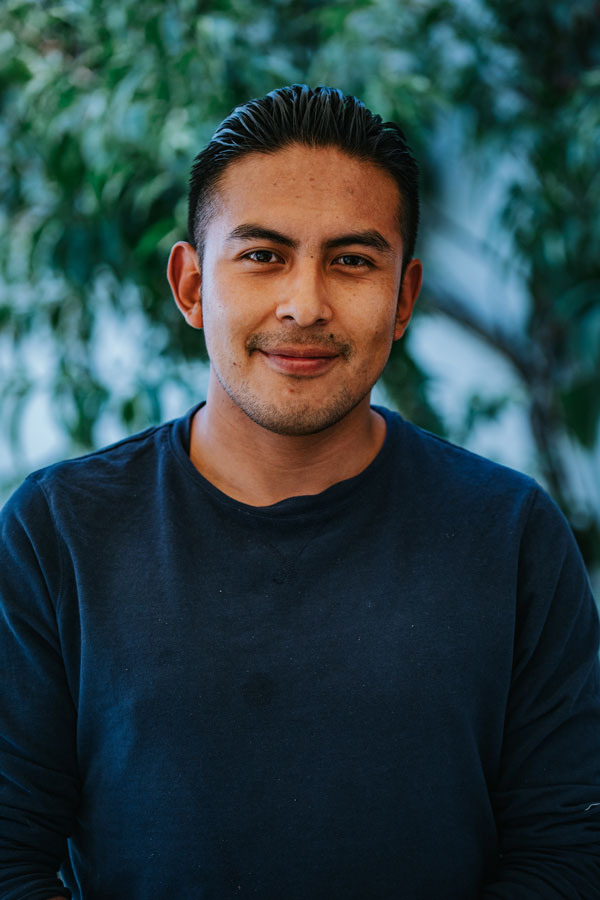
I wanted to become a support group facilitator to be able to share my knowledge about mental health with others. By first providing people with information about what mental health is and then the signs and symptoms of depression, we will be able to reach people all across Ecuador. The goal is to provide support to the people who need it most, and so in that way contribute to the overall mental health of the country and its development.
Andres
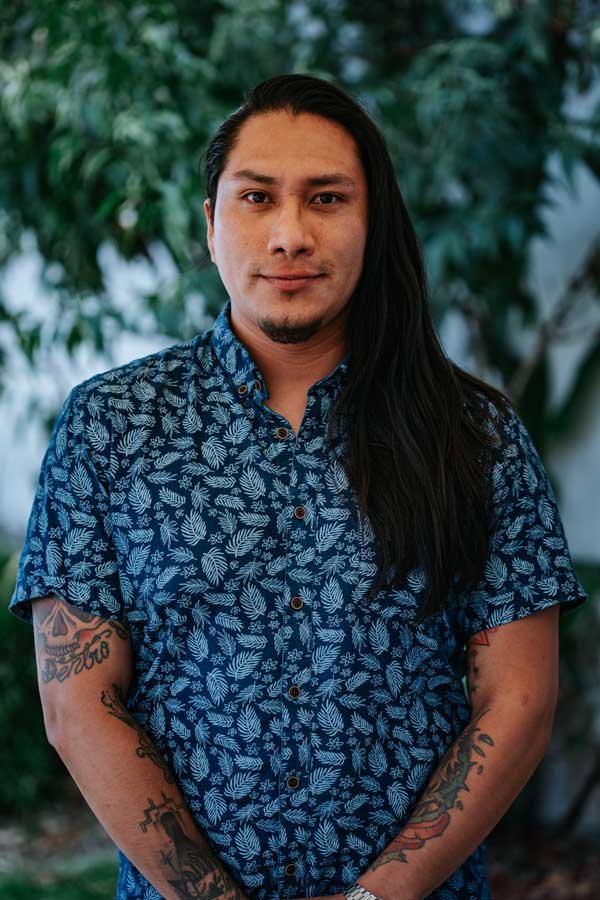
Ariel
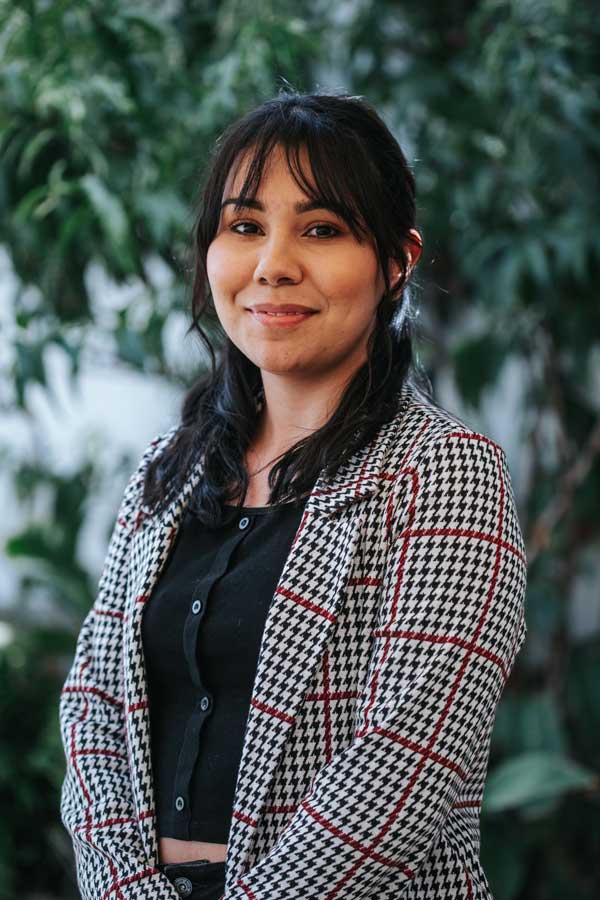
I would like to serve the community as a facilitator, to help people in the midst of their personal growth and in the midst of their suffering. I want to share my knowledge with others, and to learn myself through the process, so I can ultimately serve others better. I want to be of help, and to walk alongside people in the midst of the pain and whatever circumstances they are going through.
Erica
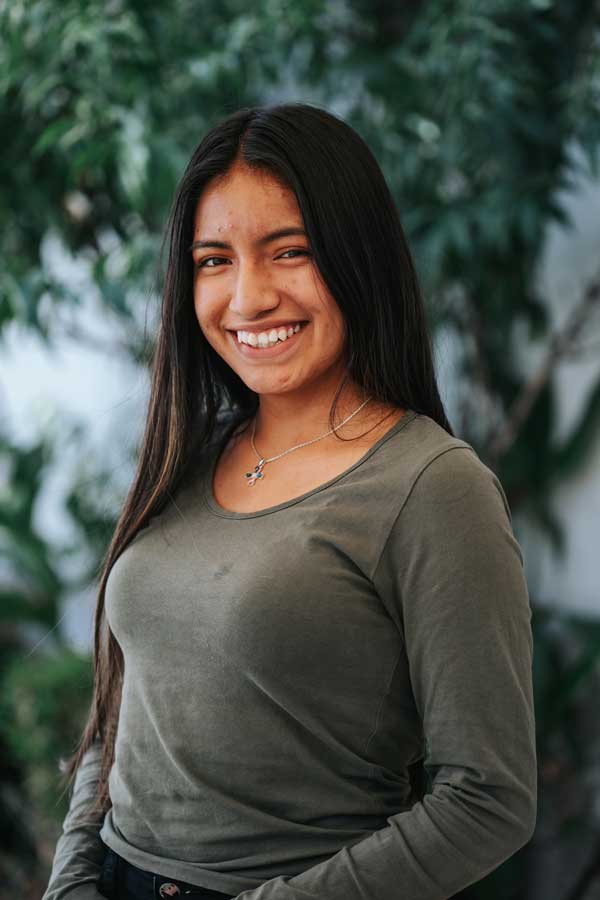
What inspired me to be a facilitator as part of this great project that is Vida Plena, is the ability to be able to help people, to be able to gain new experiences, to share with others, and more than anything to work as part of a team; because it is so fundamental to give and receive support; to know that we all have someone we can count on.
Jacqui
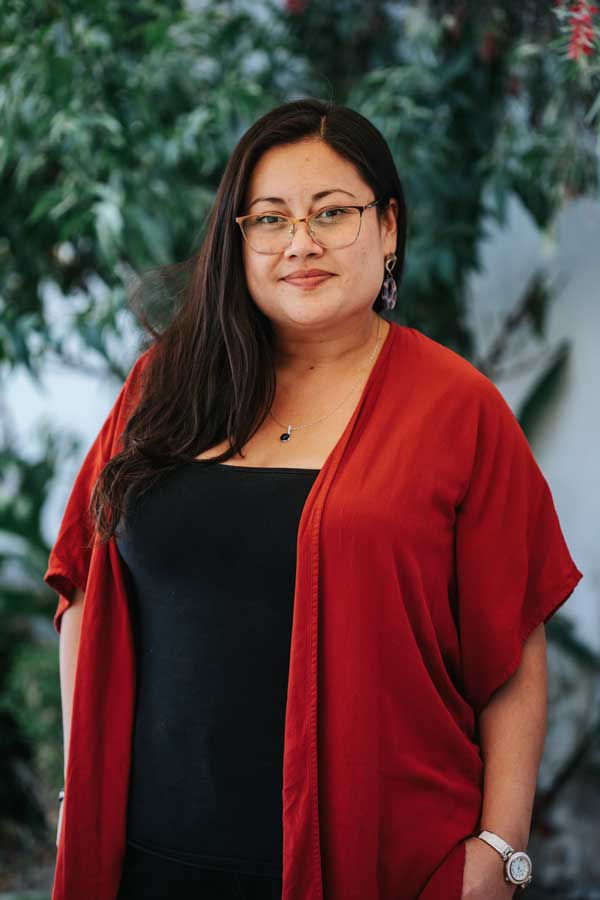
I was moved to become (a support group) facilitator because I love working with local communities. I believe that social support is critical, especially providing care for people in need. I have been doing this for several years now and I am excited to keep learning from the people we serve and the mental health experts with whom we partner.
Jessie
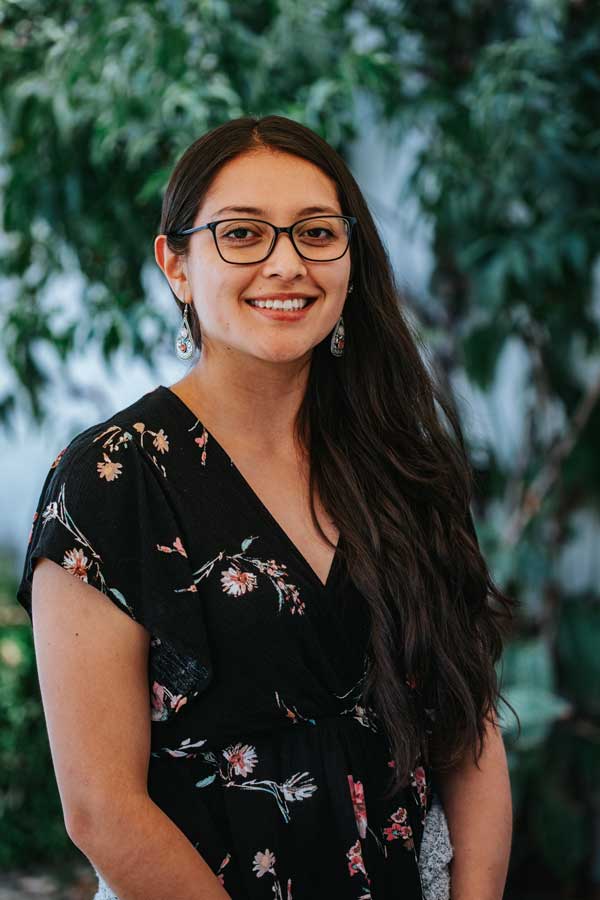
My name is Karina. I decided to become a Vida Plena facilitator because I have been an active volunteer for two years now, with a special interest in supporting migrants and refugees.
Kari
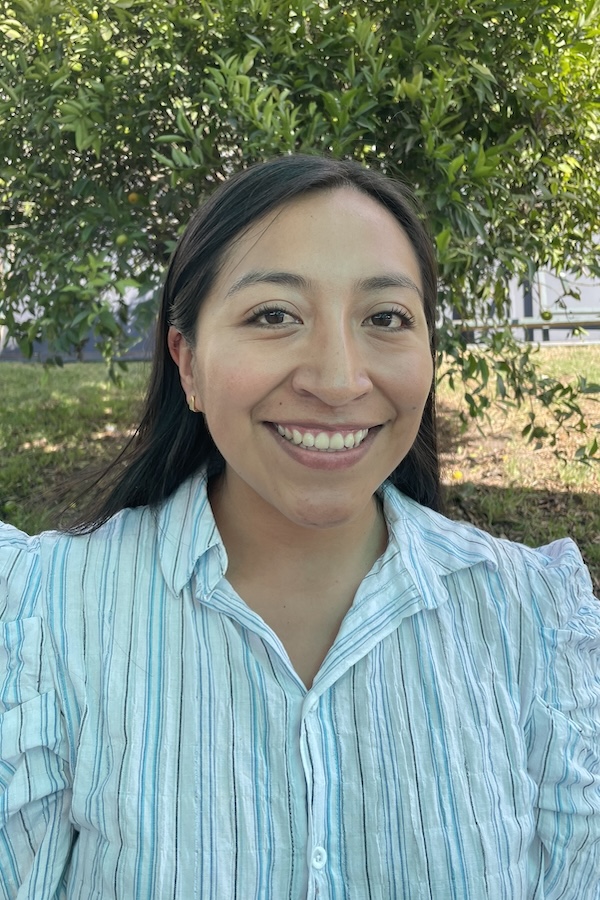
Katherine
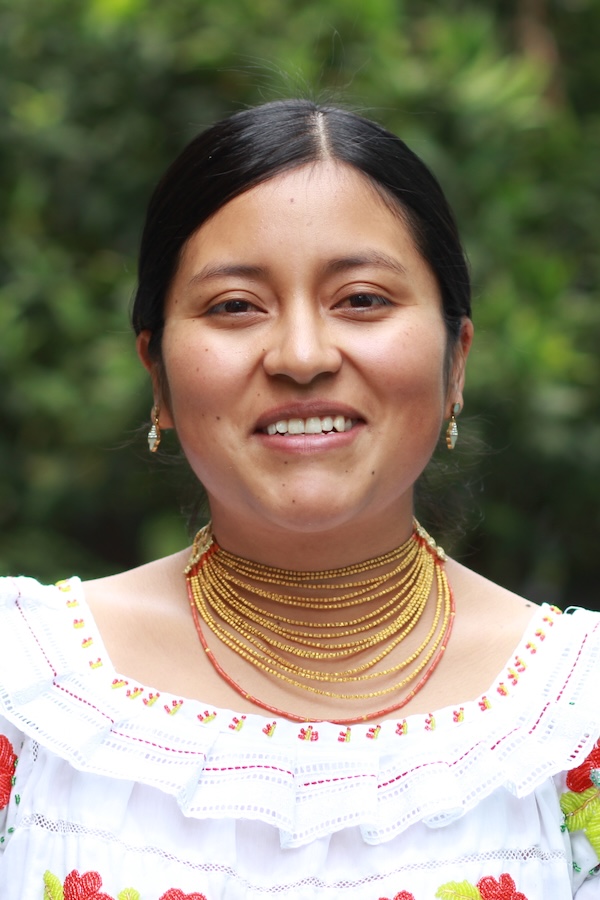
Lizbeth
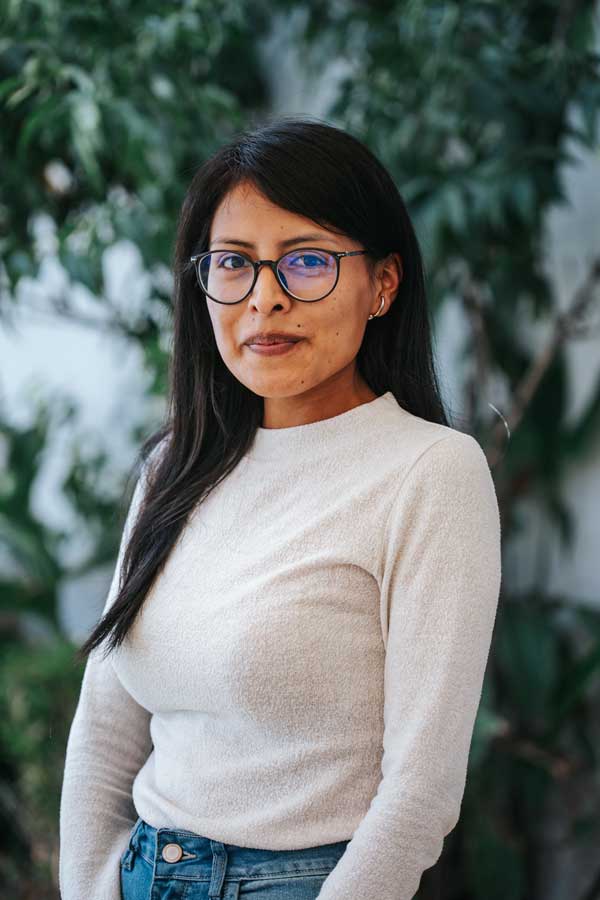
Lupita
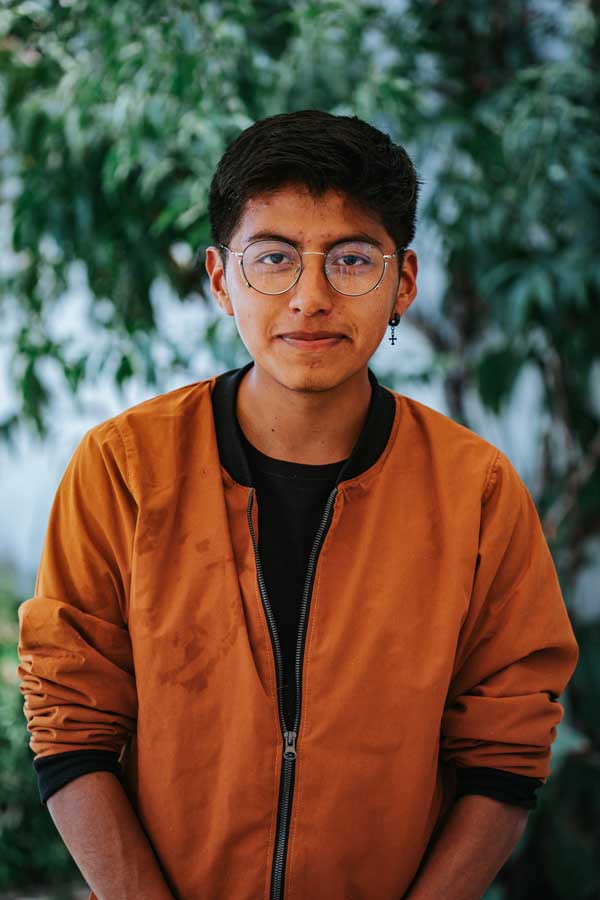
I think that we can achieve strong mental health for others, by first working on ourselves, and then from there, we will be able to contribute to the broader community. I believe that a small action can change the world, this is why I want to be part of this program. I am happy to be one of the Vida Plena facilitators, because I feel that we all have that potential to improve the world, and specifically, I want mental health to stop being a privilege and instead become a right for everyone and every community.
Santi
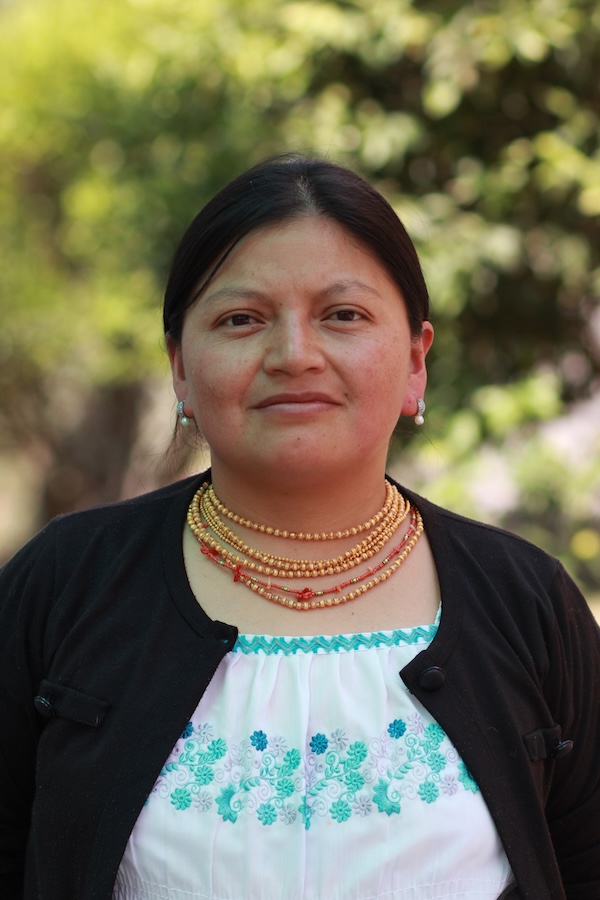
I’ve dedicated my entire life to social work. I started volunteering at 15, and by 17 I was already supporting cultural and political processes alongside other young artists and psychologists. What has always motivated me is witnessing real transformation. I see people and families move through difficult situations and find new paths forward.
What fills me the most is the sense of reciprocity, when someone who has moved ahead begins to guide others too. In group settings, whether with youth or adults, I’m inspired by how shared experiences can connect and move people. In rural areas, for example, simply talking about emotions and everyday challenges can be something new, but it’s necessary. I find it powerful when people start to see emotional work as essential and relate it to their roles as parents, children, and neighbors. Sometimes these reflections come through humor, like little stories or anecdotes, but they always teach us something. That’s what I love most about this work: walking alongside others, weaving meaning together, and learning as we go.
Sisa
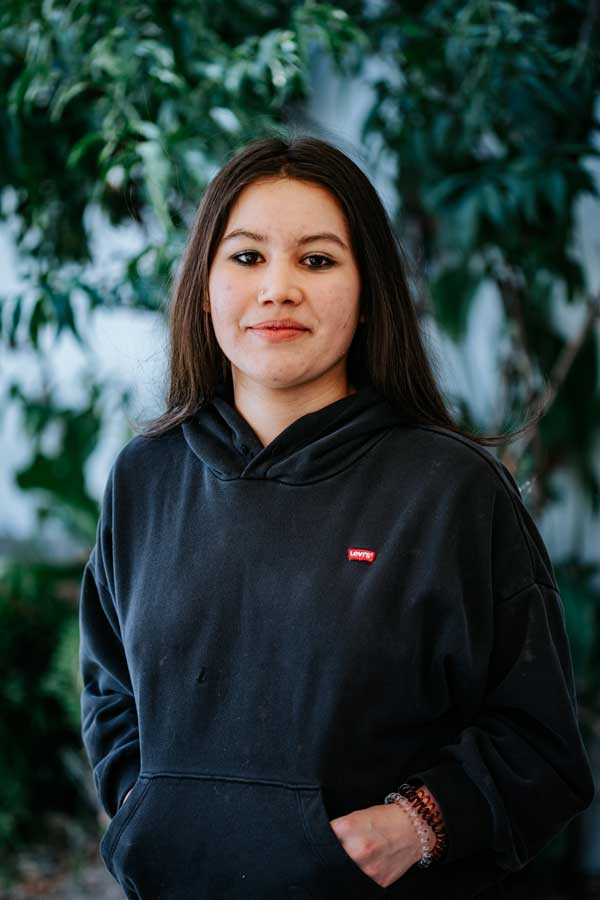
I’ve always been really interested in social causes. I believe that this project in particular is necessary because I believe in community-based mental health. I think we should focus on the communities or places where it is difficult for people to access healthcare, or there is no health care at all. I think that this is a human right that many people still are unable to enjoy.
Sol
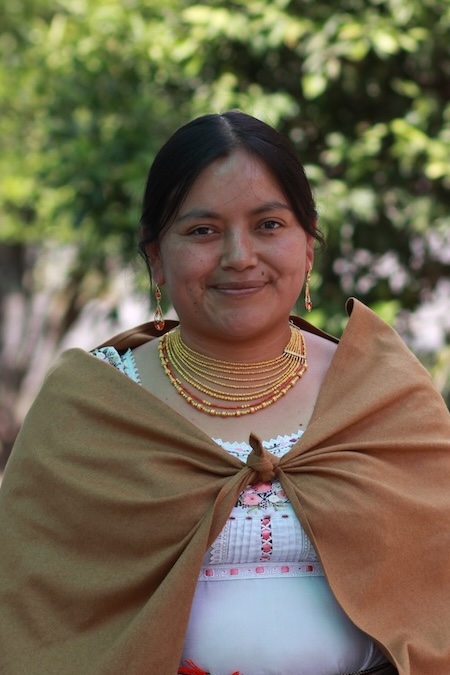
Why do I like being a facilitator? Because I really enjoy learning, and I’ve learned so much here. The feedback has also helped me a lot. I like being attentive to people during the intake sessions, getting to know their lives, and finding ways to help. And when we get to the final session, it’s beautiful to see the journey they’ve been through. I love it when participants share what they’ve learned and express their gratitude. That’s why I enjoy it so much.
Sonia
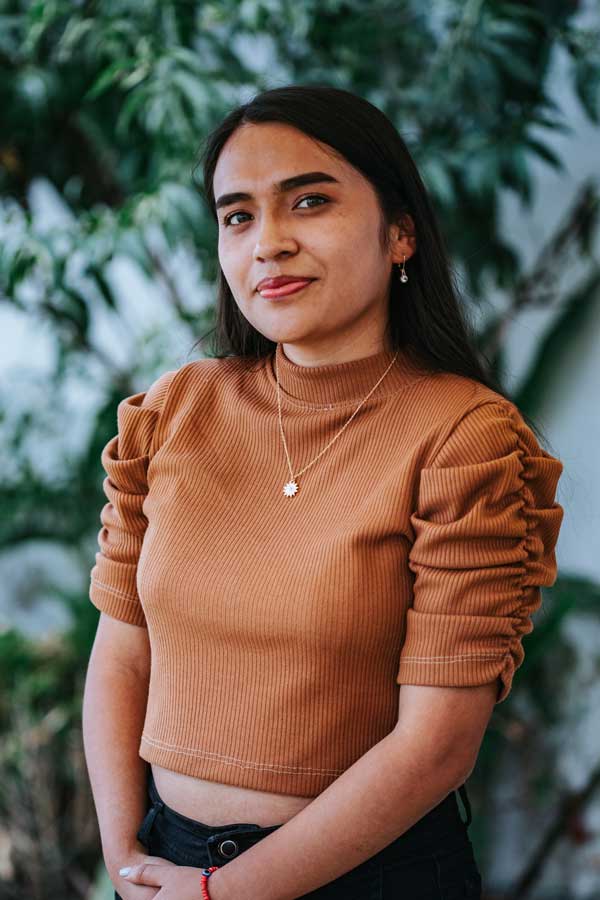
I joined this space to be a community facilitator with the goal of constructing, and specifically constructing collectively. I want to empower people with new tools, so that they can create new connections based on empathy - I do this as a way to give back- and it is my goal to give people hope and other tools so that they can see and believe that there does exist a life beyond their current challenges and problems. I also want to create networks of support, I want to learn, to understand, and to create links - to weave connections between all people.
